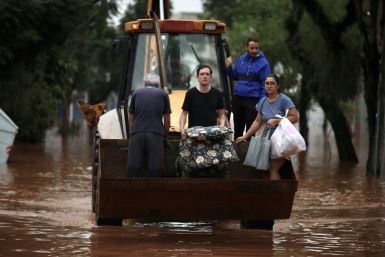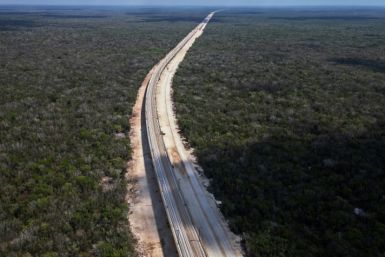Solar Policy Decision Not Until 2012, Households Left in Limbo
NSW households wanting to cut down on their electricity bills using solar will be left in limbo for almost a year according to documents released today.
The NSW Government revealed it will not be making a decision on solar policy until at least April 2012 when it receives an IPART solar policy review.
"We simply won't have an industry by April 2012. We will struggle to save the industry in coming weeks let alone a year”, said Australian Solar Energy Society (AuSES) Chief Executive John Grimes.
The lengthy IPART Review into the Solar Bonus Scheme confirms the NSW Government has no plans to stop the decimation of the State’s solar industry.
The Independent Pricing and Regulatory Tribunal review into a “fair and reasonable price” for solar PV won’t be completed until April 2012, almost a year after it was announced. No interim policy has been announced.
This sluggish timeframe flies in the face of the statement on 1 July by the Parliamentary Secretary for Renewable Energy, Rob Stokes, that “we have heard the clear message that IPART must do its work as quickly as possible”. It also further delays the Premier’s commitment of 19 May that he would “revise the solar bonus scheme and make it fairer for everyone”.
“The NSW Government seems blind, deaf and indifferent to the concerns of the State’s solar industry”, said Grimes.
“Ninety days since the first Solar Summit, the solar industry has ground to a halt in NSW, with an 88% decline in solar installations and an $800 million cut in retail sales value”, said Solar Energy Industries Association (SEIA) NSW Chairman Geoff Bragg.
“More than 100 jobs have been lost, a number of companies have shut up shop and 3,700 jobs could be lost by the end of the year.”
“NSW’s solar industry has been hung, drawn and quartered”, said John Grimes of AuSES.
“Despite two Solar Summits, the NSW Government still hasn’t announced a new solar scheme and that is killing our industry”.
“The solar industry again calls on the NSW Government to act now to set a fair price for solar, ensuring families get paid the same amount for the clean energy they produce as they have to pay for polluting power from the electricity grid. That’s only fair.”






